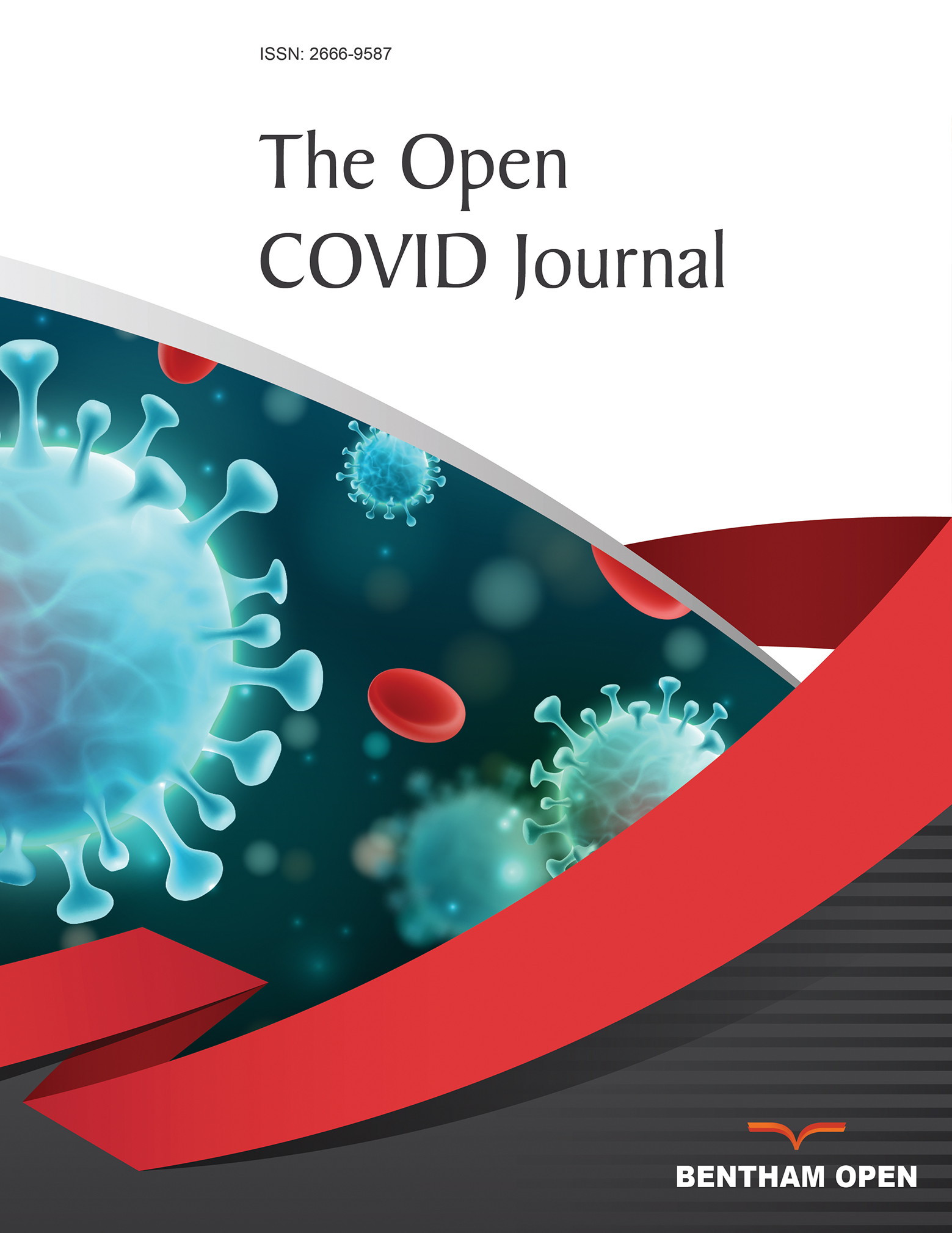All published articles of this journal are available on ScienceDirect.
COVID-19 Vaccination Acceptance and its Predicting Factors among Internet Users in Ho Chi Minh City and Other Regions in Vietnam
Abstract
Aim:
This study was conducted to evaluate the acceptance of COVID-19 vaccination and its predictors among adult internet users residing in Ho Chi Minh City (HCMC) and other regions in Vietnam.
Methods:
An online survey was disseminated to eligible participants, applying the snowball sampling technique, including demographic details, knowledge, five components of the Health Belief Model (HBM), and acceptance of COVID-19 vaccination. Logistic regression analysis was employed to determine predicting factors toward COVID-19 vaccination acceptance.
Results:
Among 3310 participants, the majority were 18-39 years old (76.1%), and had completed higher education (69.7%). Most respondents reported sufficient knowledge (90.2%). 87.8% showed acceptance of getting COVID-19 vaccinated. While becoming unemployed (OR = 0.70, 95% CI 0.52-0.94), the number of chronic diseases (OR = 0.76, 95% CI 0.65-0.89), living in the environment with currently existing infected cases (OR = 0.68, 95% CI 0.50-0.93), and perceived barriers (OR = 0.88, 95% CI 0.85-0.91) were negative determinants, the number of information sources for updating COVID-19 vaccine (OR = 1.10, 95% CI 1.01-1.19), perceived benefits (OR = 1.12, 95% CI 1.07-1.18), and cues to action (OR = 1.23, 95% CI 1.18-1.29) were positive predictors for vaccination acceptance.
Conclusion:
The internet users’ level of acceptance of COVID-19 vaccination was impressively high and influenced by perceived benefits, barriers, cues to action, and some demographic and health-related details. People with low acceptance levels, such as chronically ill adults, should be imported into consideration and provided with reliable scientific information.


